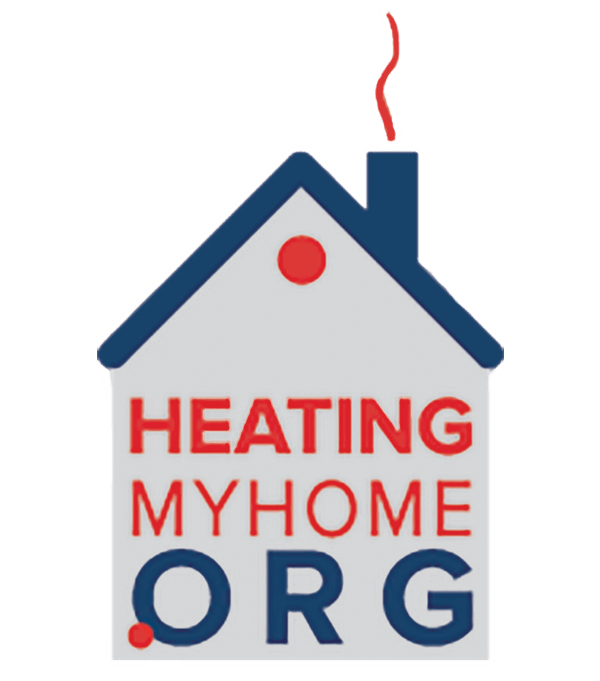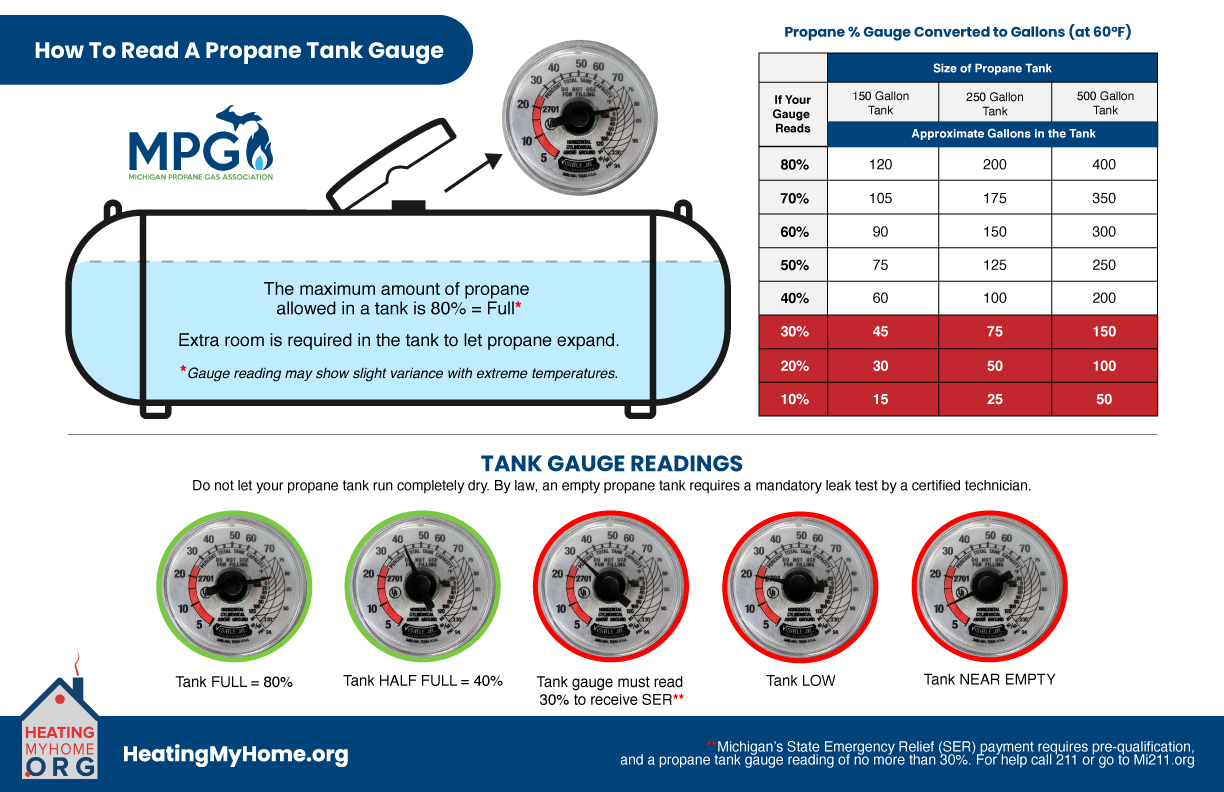Propane Heats Your Home
Propane is a safe, economical, clean, and versatile fuel when properly used.
As with electricity, natural gas, fuel oil, gasoline, or any other energy form, it’s important to understand your propane delivery system and how your propane appliances work.
Propane is naturally colorless and odorless. Manufacturers deliberately add a chemical compound—mercaptan—to give it the distinct smell of rotten eggs to make it easy to detect a leak.
Tampering with any part of your propane system is against the law.
If you let your propane tank run completely dry the law (NFPA 58) mandates that a propane system must be checked by a qualified service technician before the system can be turned back on.
Check with your propane supplier to find out if additional fees apply.
If You Smell “Rotten Eggs," You Have a Propane Leak
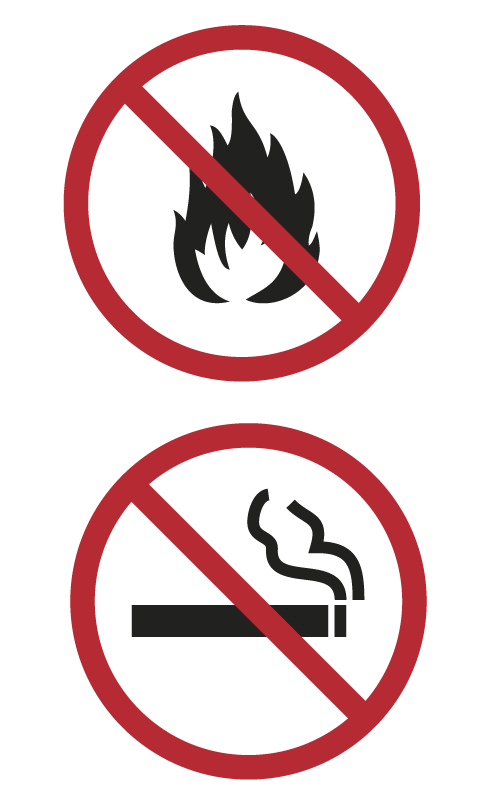
1. NO FLAMES OR SPARKS!
Immediately put out all smoking materials and other open flames. Do not operate lights, appliances, telephones, or cell phones. Flames or sparks from these sources can trigger an explosion or a fire.
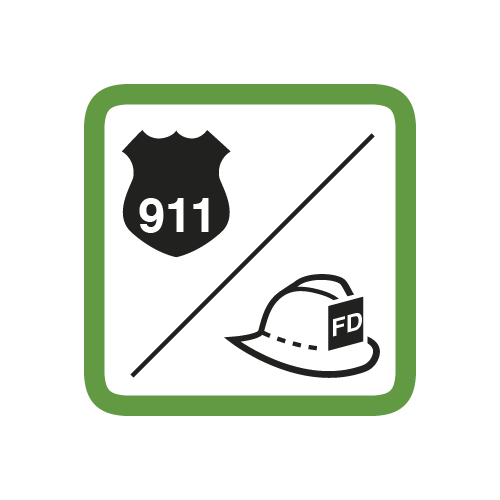
4. REPORT THE LEAK.
From a neighbor’s home or other nearby building away from the gas leak, call your propane retailer right away. If you can’t reach your propane re- tailer, call 911 or your local fi re department.
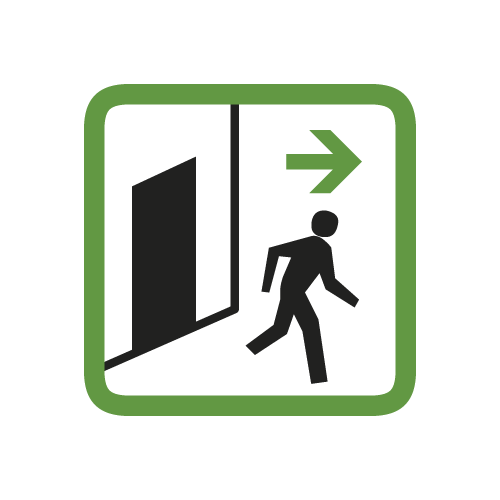
2. LEAVE THE AREA IMMEDIATELY!
Get everyone out of the building or area where you suspect gas is leaking.
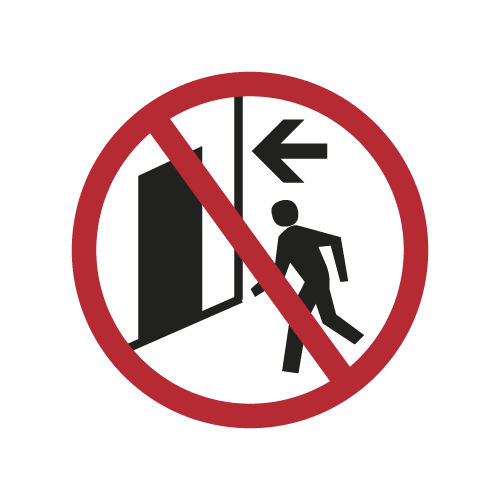
5. DO NOT RETURN TO THE BUILDING OR AREA
until your propane retailer determines that it is safe to do so.
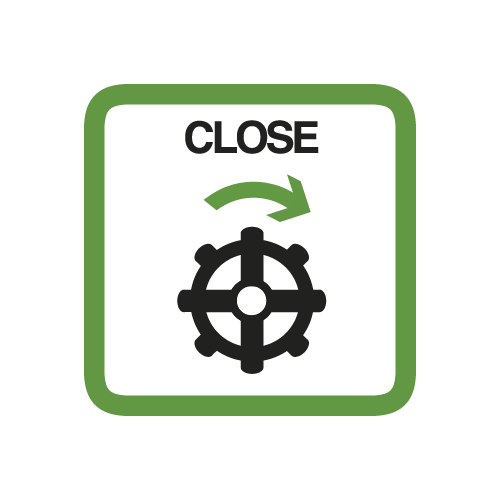
3. SHUT OFF THE GAS.
Turn off the main gas supply valve on your propane tank, if it is safe to do so. To close the valve, turn it to the right (clockwise).

6. GET YOUR SYSTEM CHECKED.
Before you attempt to use any of your propane appliances, your propane retailer or a qualifi ed service technician must check your entire system to ensure that it is leak-free.
How to Read a Propane Tank Gauge Flyer
How to Read a Tank Gauge:
If You Suspect a Gas Leak:
How to Turn off a Propane Tank:
What You Can Do
- Regardless of heating fuel type you use, it’s important to be familiar with it.
- Keep your furnace, and other propane appliances in working order by following the instruction manual.
- Have your propane furnace and other propane appliances regularly checked by your propane supplier or service technician.
Propane Tank Properties
Propane tanks are:
- made of carbon steel
- 20-times more puncture resistant than tanks filled with gasoline, ethanol, or methanol
- equipped with safety valves to prevent a leak and overfilling
